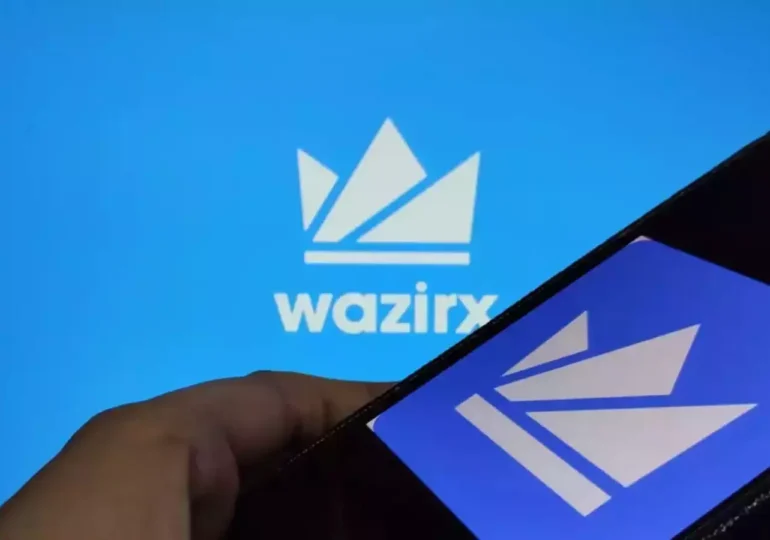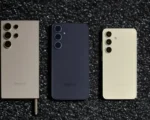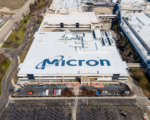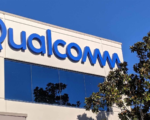Samsung Anticipates Recovery in Smartphone and Tech Device Demand in 2024 Following Unprecedented Chip Losses
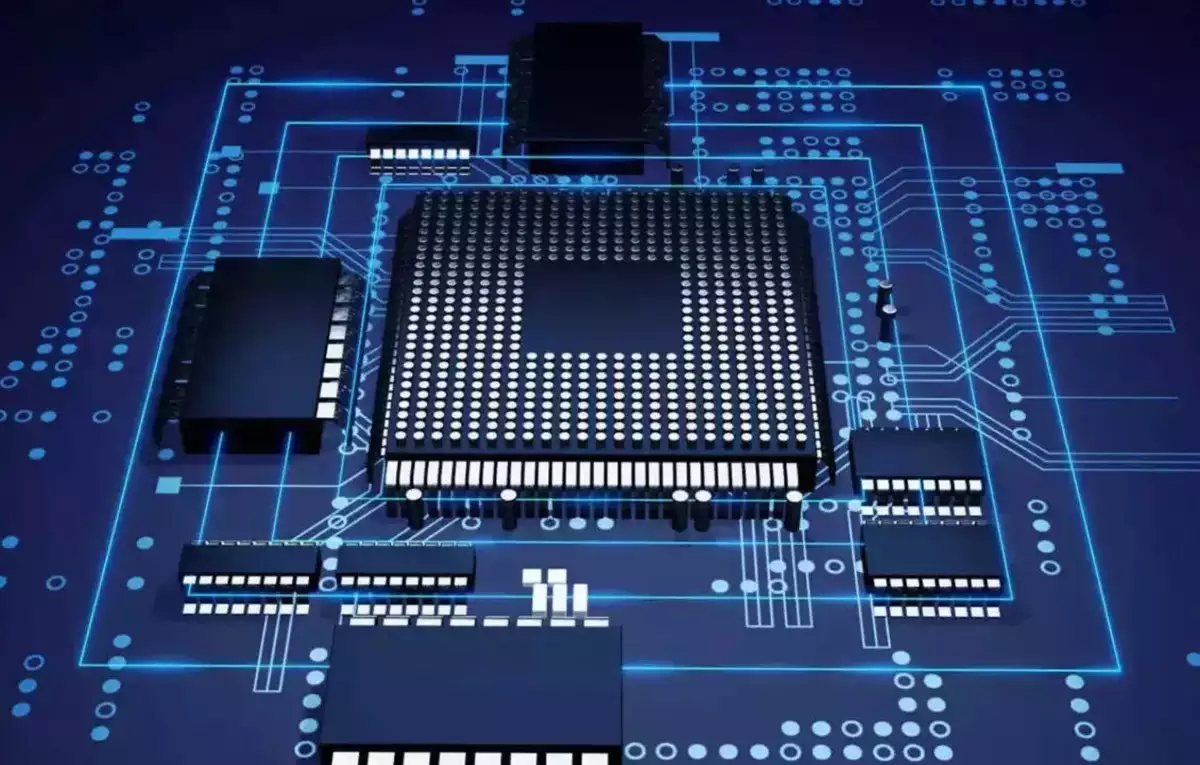
The largest producer of memory chips worldwide predicts an increase in demand for enhanced chips in mobile and PC devices, driven by the expanding use of AI.
Samsung Electronics flagged a continued recovery in memory chips and tech demand in 2024, after reporting a 34 percent drop in fourth-quarter profit despite a memory price rebound as consumer demand remained weak in many businesses.
The world’s biggest maker of memory chips said it expected mobile and PC makers to place more, better chips in devices as use of artificial intelligence expands, while the need to replace older servers would also aid a gradual demand recovery.
“In 2024, the memory business expects the market to continue to recover despite various potential obstacles, including interest rate policies and geopolitical issues,” Samsung said in a statement.
Samsung said operating profit fell to KRW 2.8 trillion ($2.11 billion or roughly Rs. 17,522 crore) in October-December, versus KRW 4.3 trillion (roughly Rs. 26,790 crore) a year earlier.
For the full year, its chip business swung to a record loss of KRW 14.9 trillion in 2023 (roughly Rs. 92,845 crore) from a KRW 23.8 trillion (roughly Rs. 1,48,273 crore) profit a year earlier, hit by an unprecedented downturn caused by weak demand for gadgets that use chips.
However, fourth-quarter losses shrank to 2.18 trillion won in the fourth quarter, lower than every other quarterly loss in 2023 in the business that has historically been Samsung’s cash cow as Chinese PC and mobile makers began to restock chips and memory chip prices rebounded.
Cross-town rival SK Hynix also said last week chip prices would improve this year as clients would need to restock and manufacturers would continue to cut legacy chip production.
Samsung said its memory business would focus on cutting-edge chips including high bandwidth memory (HBM) and server products used for generative AI this year.
Looking to catch up with SK Hynix in memory chips used for generative AI, Samsung held its 2023 capital spending steady on the previous year partly to expand production capacity of those chips, while SK Hynix and Micron cut investment.
SK Hynix was first to develop the latest version called HBM3 and has AI-chip leader Nvidia as a client, but Samsung is working to bring yields up for its HBM3 and future HBM3E products, analysts said.
“Given it said it is set to produce those advanced chips in the first half of this year, the market will be watching for how much of a meaningful presence Samsung can secure this year,” said Ko Yeongmin, analyst at Daol Investment & Securities.

Mobile rebound
The mobile devices business booked a 2.73 trillion won operating profit in the fourth quarter, up from 1.7 trillion won a year earlier on stronger demand for pricier smartphones, more tablet shipments with new product releases and demand for wearable devices during the peak holiday season.
In 2023, Apple ended Samsung’ 12-year run as the world’s top seller of smartphones, snaring a 20 percent market share as demand for premium phones outpaced those of more affordable models, according to a report from International Data Corp.
However, Samsung plans to grow annual flagship smartphone shipments at a double-digit rate this year, helped by its latest premium smartphones with AI functions in a push to challenge Apple.
It also plans to solidify its lead in foldable phones, as competitors like Alphabet’s Google, Motorola and China’s Honor and Oppo increase their foldable offerings.
Business segments such as Samsung’s chip contract manufacturing, TV, and home appliance units continued to face susceptibility to subdued consumer demand. In morning trade, Samsung’s share price experienced a 1.4 percent decline, in contrast to the benchmark index’s 0.3 percent drop. Analysts attributed this dip to earnings results from key customers like Microsoft, Alphabet, and AMD falling short of expectations. Despite a 42 percent rise in shares in 2023 due to anticipated growth in memory chip demand, the stock has witnessed a 5 percent decline year-to-date.



